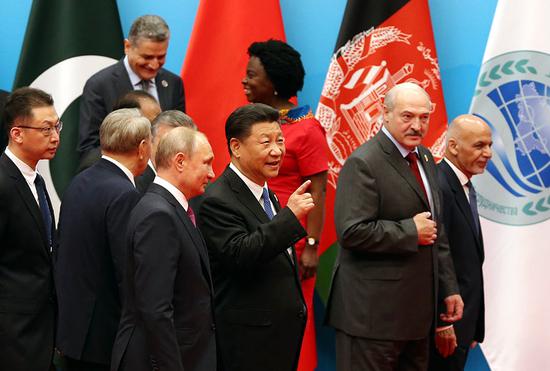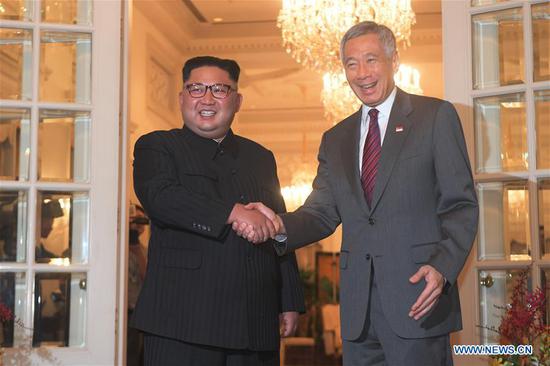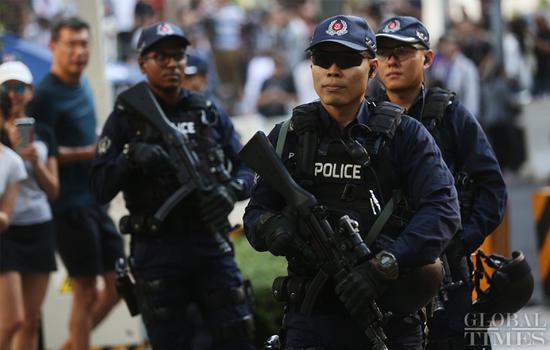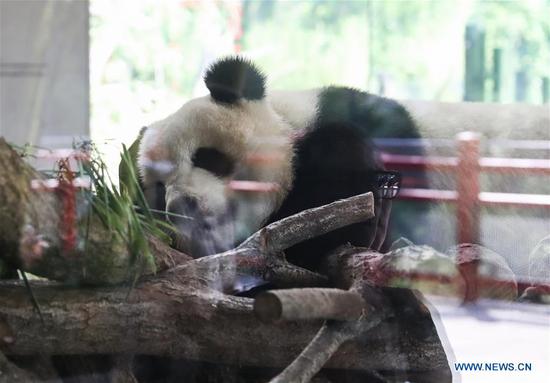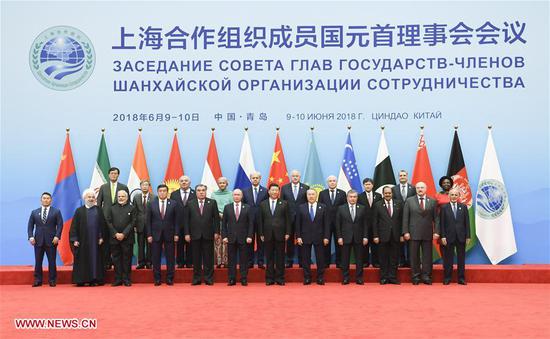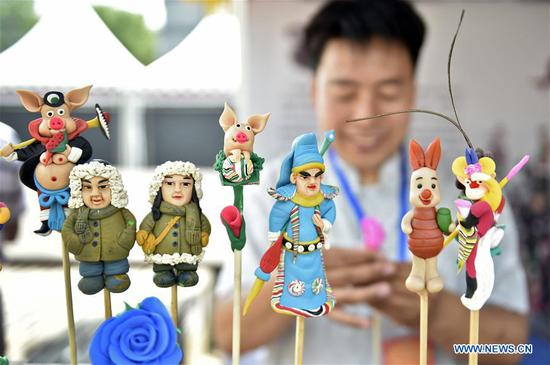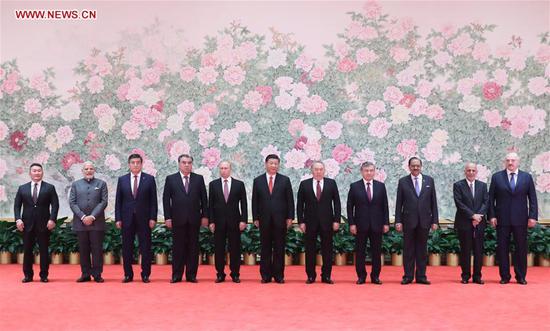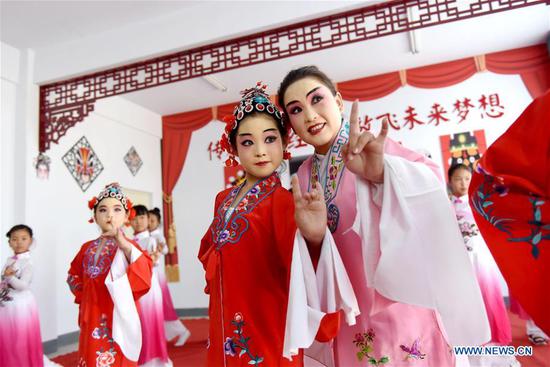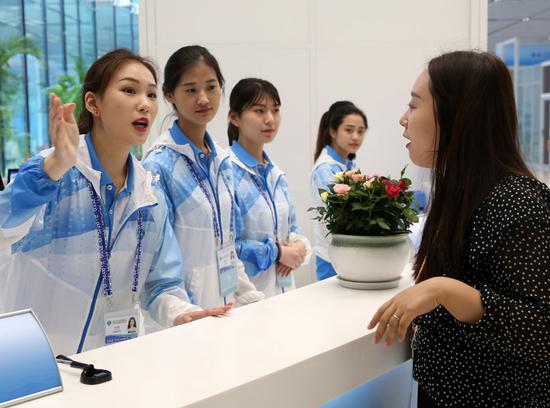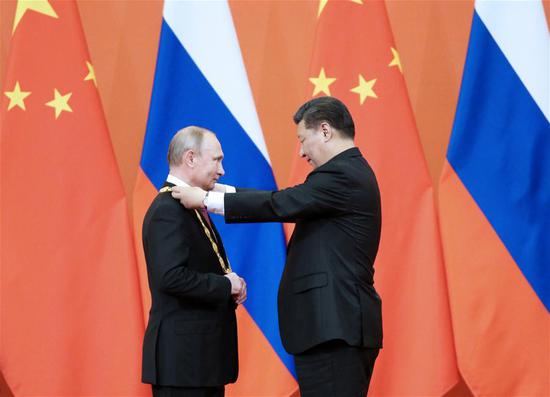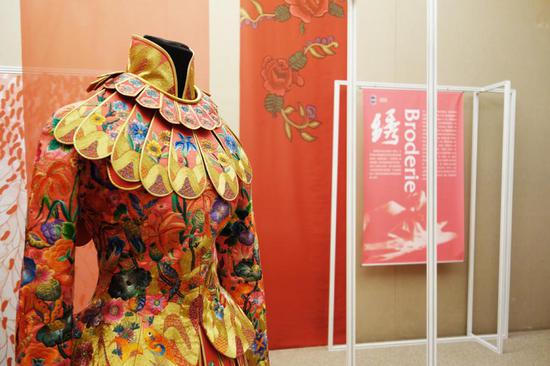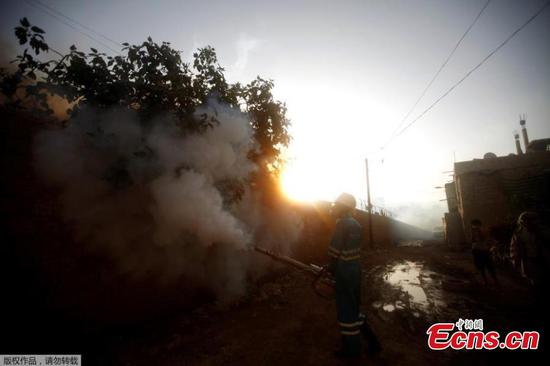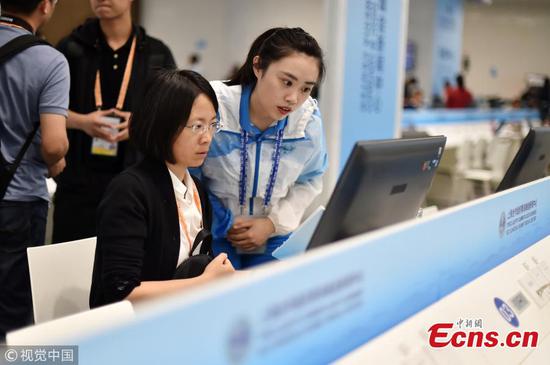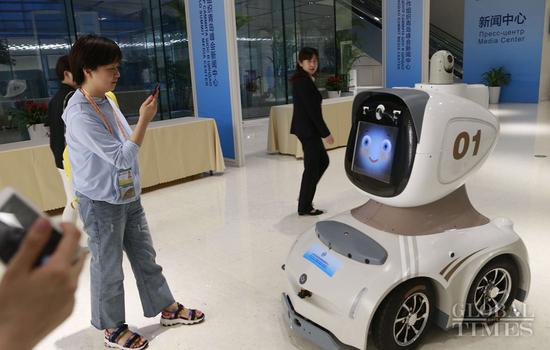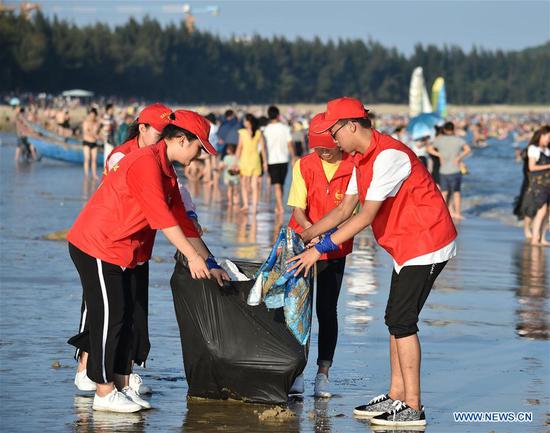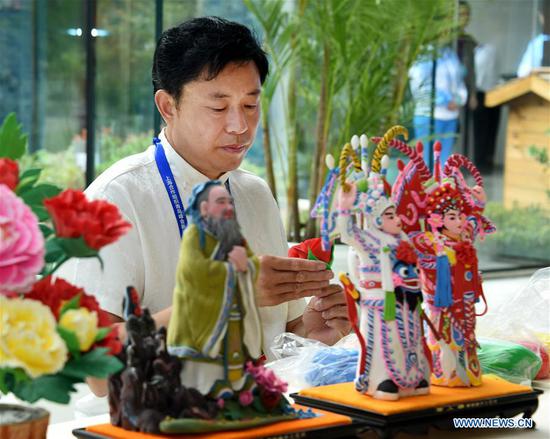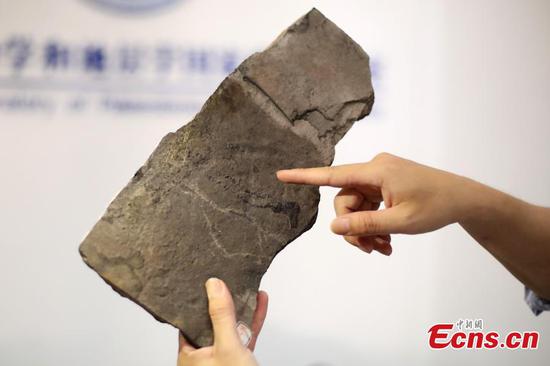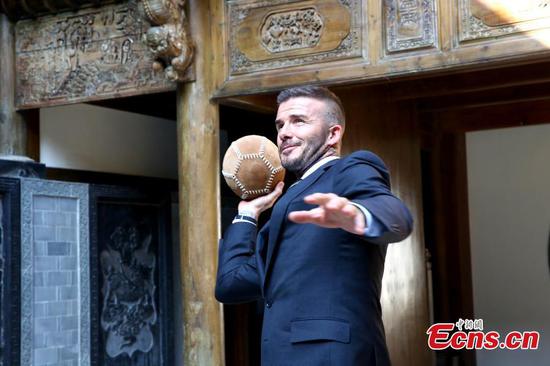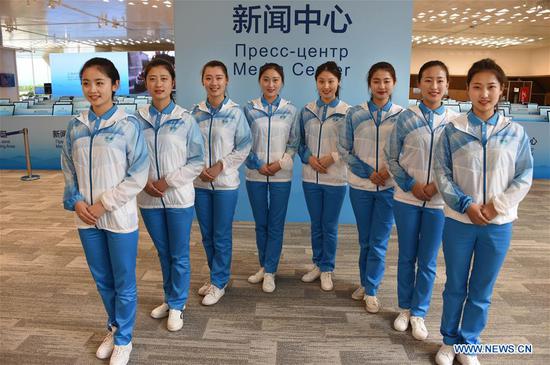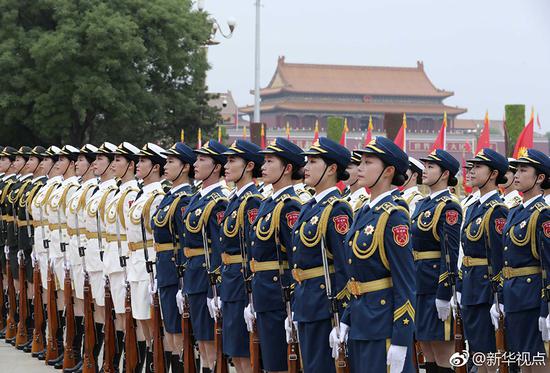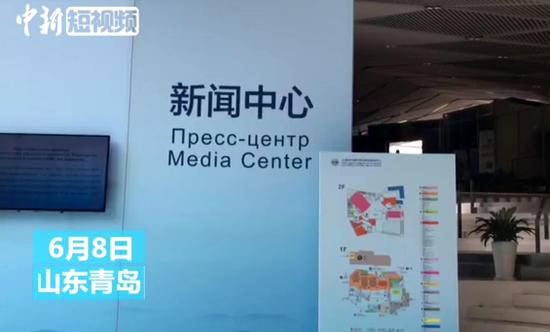A family, particularly the parents, needs patience and persistence for its America-born Chinese kids to overcome linguistic and cultural hurdles in learning Mandarin, Ya-Ning Hsu, professor, researcher and scholar at Teachers College Columbia University, told a seminar this weekend at Columbia University.
For ABC, Mandarin learning is a long and enduring mission, where anxiety plays a negative role and rushing to the goal can do nothing good, said Ya-Ning Hsu, presenter of the seminar conducted by Teachers College of the university.
Mandarin may be the first language for Chinese American parents, but not their ABC kids. Therefore, father and mother should participate in children' s learning process and help them maintain and build up objectivity in grasping the language, until they themselves establish an inner drive to get the job done, said Hsu.
Another point Amy insisted on was that it is never too late to start to learn Mandarin.
It is okay to start at any time, but of course the earlier the better, said Hsu, adding that patience and persistence are the decisive factors rather than starting time.
Understanding the Chinese culture will also provide a great impetus for ABC kids to learn Mandarin, while mixing the language into daily life and conversation will enhance their confidence and curiosity, local Chinese media World Journal quoted Hsu as saying.
What's more, it is better to learn Mandarin and English at the same time, which is expected to contribute on dual tracks, said Hsu, who has been a professional bilingual teacher for decades and served the college for nine years.
The U.S.-China Strong Foundation said that in mid-2017 some 400,000 American students learned Mandarin before they entered college, doubling the number in 2015.
Former U.S. President Barrack Obama once set a target to propel the number of Mandarin learners in U.S. kindergartens, primary, middle and high schools to one million before 2020, in order to enhance American kids' global competitivity.









